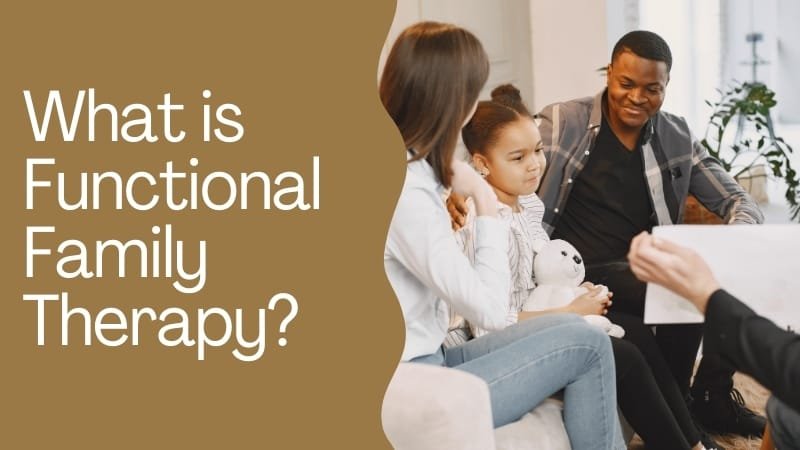Functional Family Therapy (FFT) is an evidence-based therapeutic approach designed to address behavioral, emotional, and relational challenges within families. This therapy is particularly beneficial for families with adolescents facing problems such as delinquency, substance abuse, conduct disorders, or emotional difficulties. FFT focuses on improving the overall functioning of the family by enhancing communication, resolving conflicts, and supporting behavioral change.
Key Elements of Functional Family Therapy:
- Short-Term & Goal-Oriented: FFT is typically a short-term intervention, lasting around 12 to 16 sessions, depending on the family’s needs. The goal is to create lasting change by focusing on the root causes of problems within the family unit.
- Strengthening Family Dynamics: Unlike some therapies that may focus on individual behaviors, FFT emphasizes working with the entire family. The therapy aims to repair relationships, build trust, and improve communication skills so that families can function more effectively together.
- Evidence-Based Approach: FFT is grounded in research and has proven effectiveness in reducing risky behaviors in adolescents, such as substance abuse, aggression, and criminal activity. It is widely regarded as one of the most successful treatments for troubled adolescents.
- Therapist’s Role: The therapist works closely with each family member, helping them understand unhealthy patterns, identify solutions, and implement positive strategies for change. The therapist also coaches parents on how to manage difficult situations and establish boundaries in a way that promotes cooperation and respect.
How Does Functional Family Therapy Work?
FFT is usually divided into three phases:
- Engagement & Motivation: The therapist builds rapport with the family and motivates each member to participate in the therapy process. During this phase, the therapist emphasizes the importance of working together and establishes trust.
- Behavior Change: In this phase, the therapist helps family members identify negative patterns and provides strategies for altering behaviors. The focus is on improving communication, addressing conflict, and developing healthier ways to manage emotions and resolve disputes.
- Generalization & Maintenance: The final phase focuses on ensuring that the changes made are sustainable over time. Family members learn how to handle future challenges and maintain the improvements made during therapy.
Benefits of Functional Family Therapy
- Improved Family Communication: FFT helps families express themselves more effectively, leading to fewer misunderstandings and less conflict.
- Reduced Risky Behaviors: Adolescents who participate in FFT often show a reduction in problematic behaviors like substance abuse, delinquency, and emotional outbursts.
- Enhanced Family Bonding: FFT strengthens the family unit by encouraging cooperation, trust, and mutual respect.
- Long-Term Success: By addressing underlying family dynamics, FFT promotes lasting change that extends beyond the therapy sessions.
Who Can Benefit from Functional Family Therapy?
FFT is beneficial for:
- Families with Adolescents: Especially those dealing with behavioral problems, emotional difficulties, or risky behaviors.
- Families in Crisis: FFT helps those dealing with family conflict, including communication breakdowns, parenting challenges, and unresolved issues.
- Individuals Struggling with Behavioral Issues: It is also effective for teens dealing with substance abuse, aggression, and criminal behavior.
Summary:
Functional Family Therapy (FFT) is an evidence-based counseling approach that helps families resolve conflicts and improve communication, especially when adolescents face behavioral issues.


